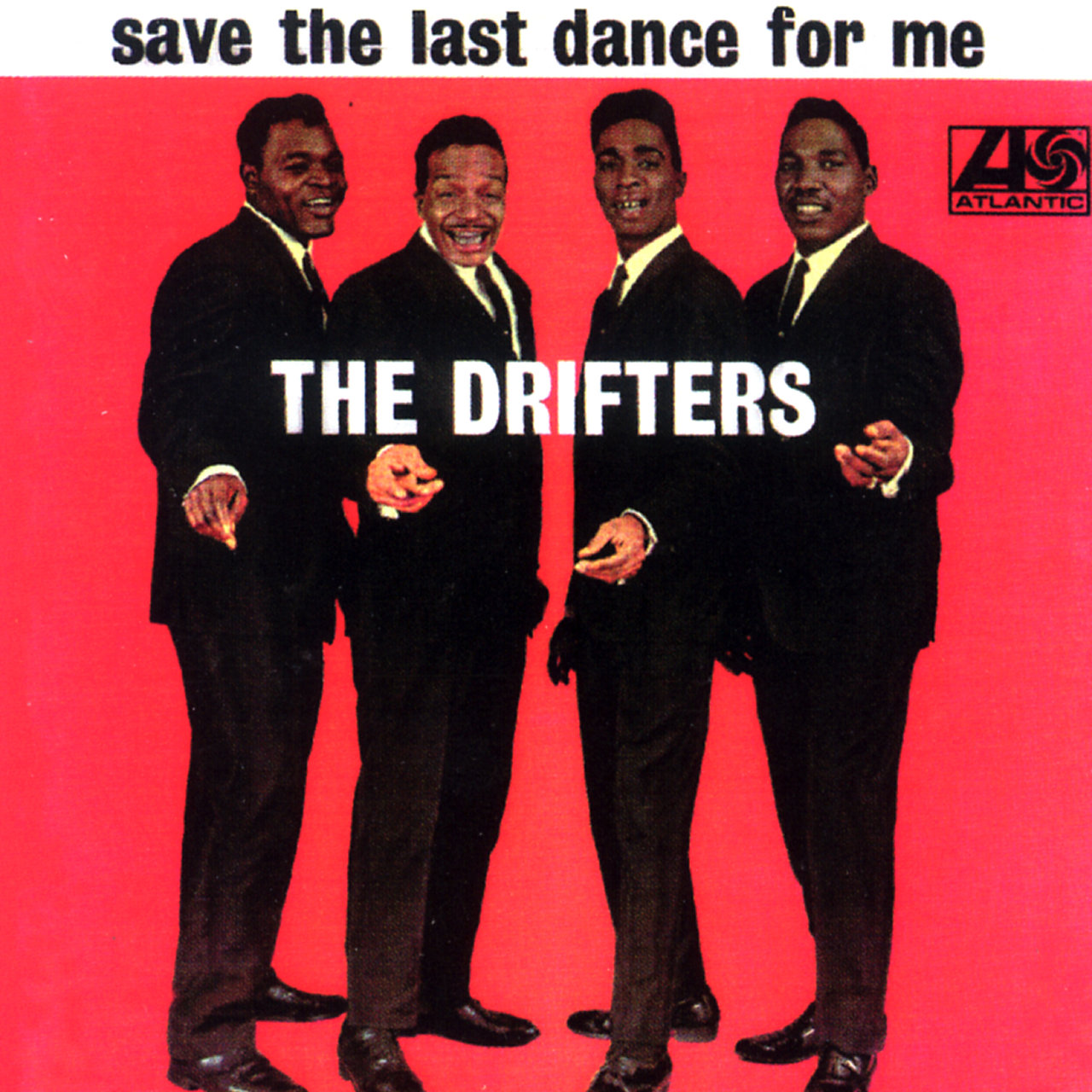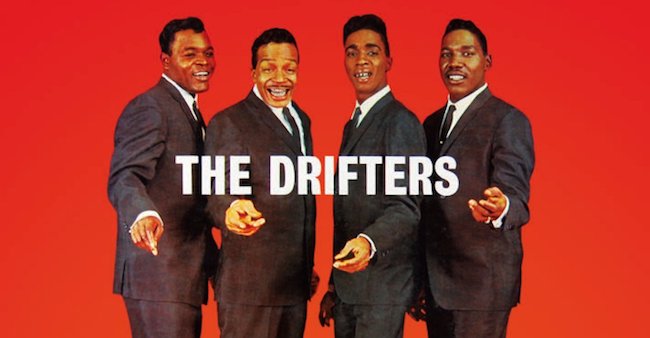 The song is a pop music standard that spent three weeks atop the pop chart and went #1 R&B. It was The Drifters‘ biggest hit, sung by future star-in-his-own-right Ben E. King. Its poignancy is enhanced when the backstory on its composition is known.
The song is a pop music standard that spent three weeks atop the pop chart and went #1 R&B. It was The Drifters‘ biggest hit, sung by future star-in-his-own-right Ben E. King. Its poignancy is enhanced when the backstory on its composition is known.
It was written by the songwriting team of Doc Pomus (born Jerome Solon Felder) and Mort Shuman, who also wrote “This Magic Moment” for The Drifters, such songs as “Viva Las Vegas,” “Little Sister,” “Suspicion” and “Marie’s the Name of His Latest Flame” for Elvis Presley, Dion’s “Teenager In Love” and the Ray Charles R&B classic “Lonely Avenue,” to name some but hardly all of the 500 songs the two wrote between 1958 and 1965.
Pomus was struck by polio in his youth, and relied on crutches to stand and walk as a young man and was later confined to a wheelchair. Despite his infirmity and being Jewish, he forged a substantial career as an R&B singer performing in predominantly African-American clubs in and around New York City in the 1940s and ’50s. Pomus also cut some 40 songs for indie labels like Chess, Apollo and others.

In 1957, Pomus married the tall and stunning actress Willi Burke. (Despite being short, disabled and overweight, he was a charmer as well as legendary raconteur.) One night a few years later he came across the invitation to their wedding, and it evoked the memory of his bride dancing at the reception with his brother Raoul Felder (who became a prominent New York City divorce lawyer for famed and wealthy clients) while he sat in his wheelchair. He started writing the song on the back of the invitation (which he later gave to his friend and occasional writing partner Lou Reed).
Although Pomus was most successful as a writer during the late ’50s/early ’60s Brill Building era of pop music, he continued to collaborate with artists like Reed, Dr. John, Willy DeVille and others and have his songs recorded by B.B. King, Irma Thomas, Charlie Rich, Johnny Adams and more until his death from lung cancer in 1991. A true music lover, throughout the 1970s and ’80s he was a frequent presence in New York’s music clubs and a dedicated mentor to young aspiring songwriters. He is the subject of an excellent and vividly evocative 2007 biography, Lonely Avenue: The Unlikely Life And Times Of Doc Pomus and a critically acclaimed 2012 documentary film, A.K.A. Doc Pomus.
Watch Pomus tell the story of how it was Dick Clark who discovered “Save the Last Dance For Me,” which was originally released as a B-side
Pomus died on March 14, 1991, of lung cancer, at age 65. Shuman also died of cancer, later the same year, on November 2, at just 52.

